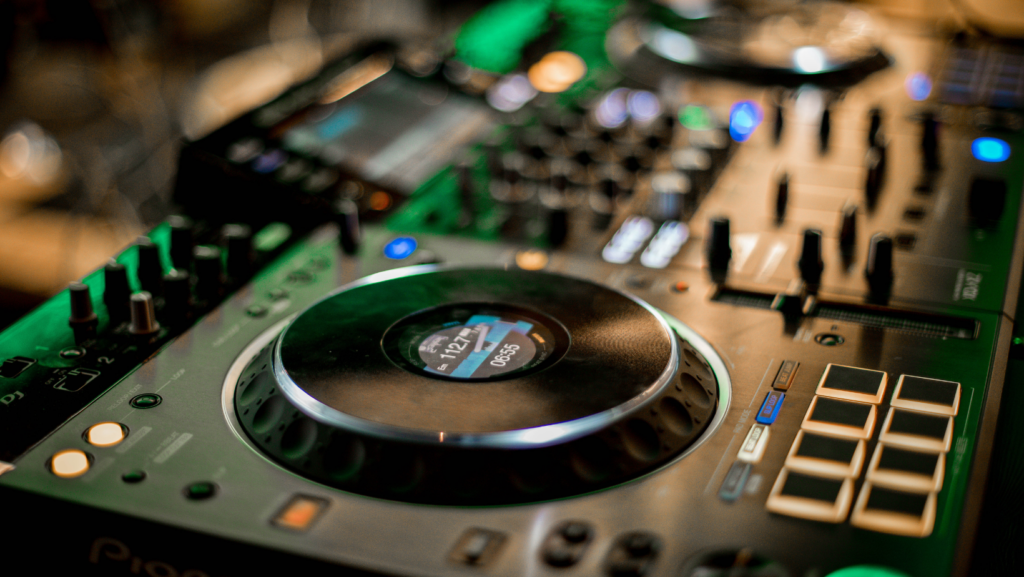In the symphony of the digital age, music and technology have merged to create a vibrant, ever-evolving industry. Today’s tech-savvy musicians aren’t just strumming guitars or hitting high notes– they’re also mastering software, creating innovative sounds, and revolutionizing the way we experience music.
But what about those who wish to turn their passion for music and tech into a career? Welcome to the exciting world of music technology careers From sound engineering to music production, there’s a wide range of opportunities waiting to be explored. This article delves into the various career paths in this dynamic field, offering insights into the skills required, potential job roles, and the future of the industry. Stay tuned and discover how you can hit the right note in a music technology career.
Music Technology Careers

The conjunction of music and technology births an array of rewarding career opportunities. The importance of music technology is substantial in the current industry, with a variety of roles available such as sound engineers and music producers.
The Importance of Music Technology in the Current Industry
The digital age engulfs various sectors, including the music industry. Enveloped in this transformation, music technology careers hold a critical role. For artists, this technology provides tools to write, record, and refine their works. It serves broadcasters and labels too, assisting in the production, distribution, and even marketing of musical pieces.
Throughout society, music technology’s significance is apparent. It makes complex musical pieces executable and enjoyable by a broader audience, catering to the needs of the contemporary listener who seeks ease and convenience. A music app on a smartphone highlights an instance of how technology simplifies access to music, serving audiences in a more efficient manner.
As a result, music technology specialists carry immense value. Their skills bridge the gap between art and engineering, making them invaluable assets in this rapidly evolving industry. High demand and a skill shortage characterize today’s music technology job market, providing fertile ground for aspiring music technologists. In the next sections, specific roles within music technology careers, the skills they require and potential future developments in the field are discussed in detail.
Career Options in Music Technology
Numerous career paths in music technology are worth exploring. From audio engineering to sound designing, the opportunities in this field are immense.
Audio Engineer

An audio engineer plays an indispensable role in the world of music technology. This professional manages the technical aspects of sound during the recording, mixing, and reproduction process. Known for their high technical acumen, audio engineers work with musicians and producers, ensuring that the final musical product is of pristine quality. For instance, an audio engineer at a live concert is responsible for adjusting the audio quality in real-time, catering to the changing acoustic demands of the venue and the performance.
Music Producer
In music technology, the music producer serves as the project manager for recording, mixing, and mastering process. These professionals have comprehensive musical knowledge that aids them in making crucial decisions related to song arrangement, choice of artists, and the overall direction of the project. An example of this role is a producer deciding to add a piano accompaniment to a guitarist’s solo, highlighting the artist’s performance and improving song dynamics.
Sound Designer
The Sound Designer is a critical player in the music technology sector. They craft unique sounds using technology and integrate them into different auditory projects. From designing the audio for a new video game to creating custom sounds for an artist’s latest song, sound designers use their creativity and technical skills in a variety of contexts. For instance, the futuristic sounds in a sci-fi movie or the multi-layered audio experience in a modern video game are products of the hard work and imagination of skilled sound designers.



